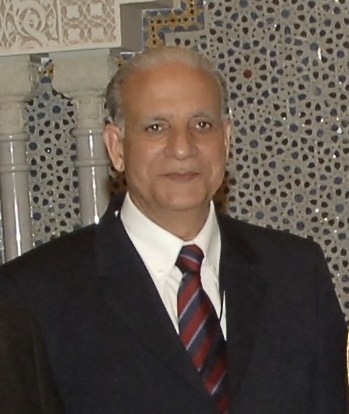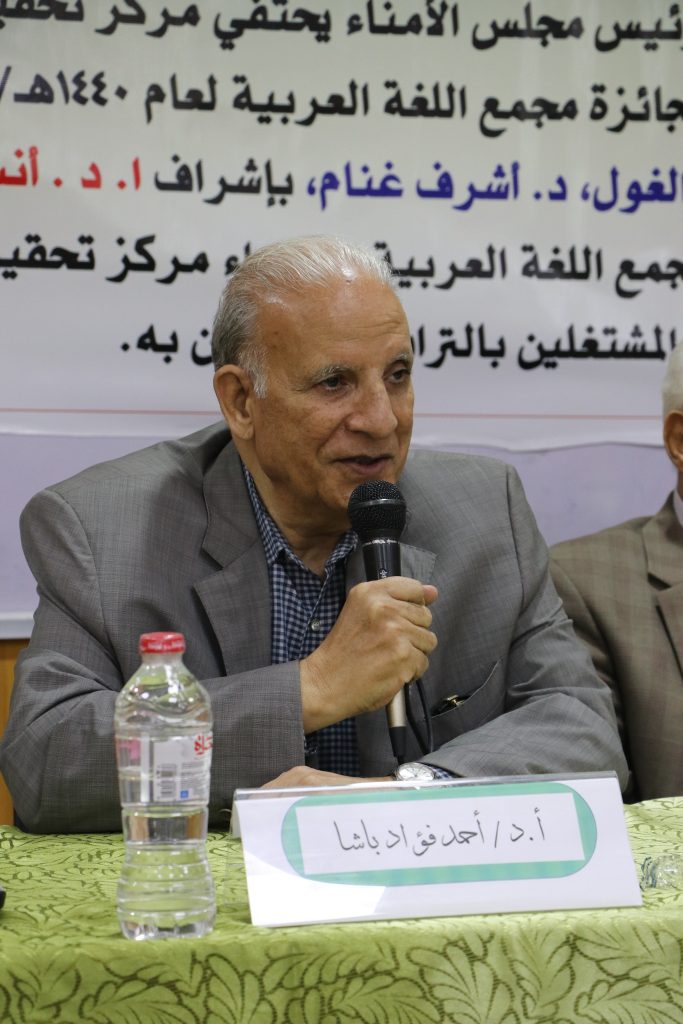
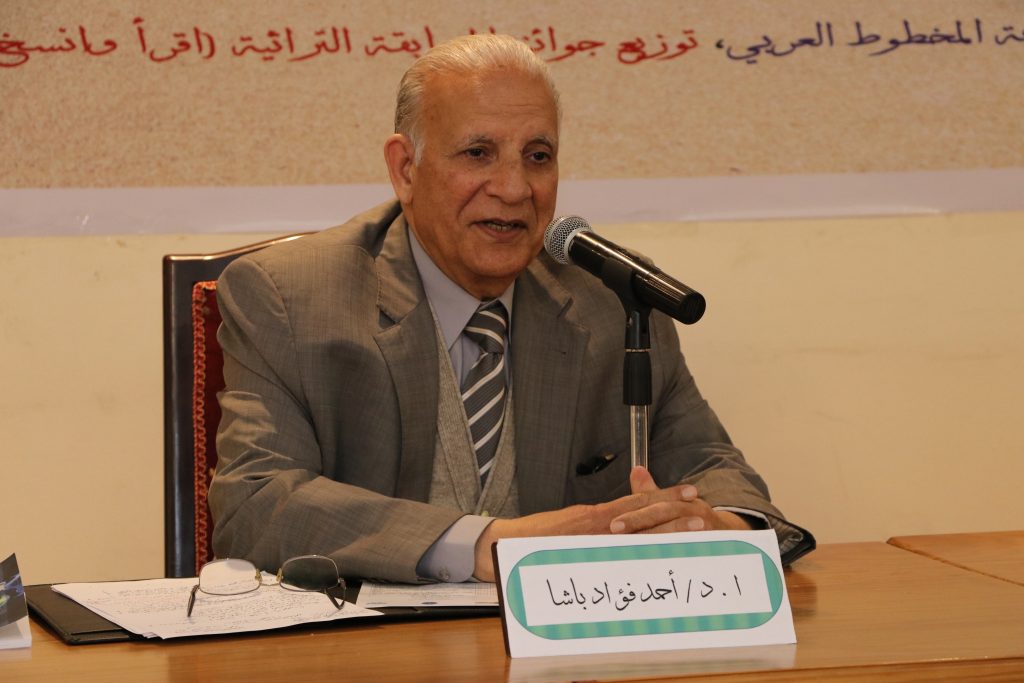
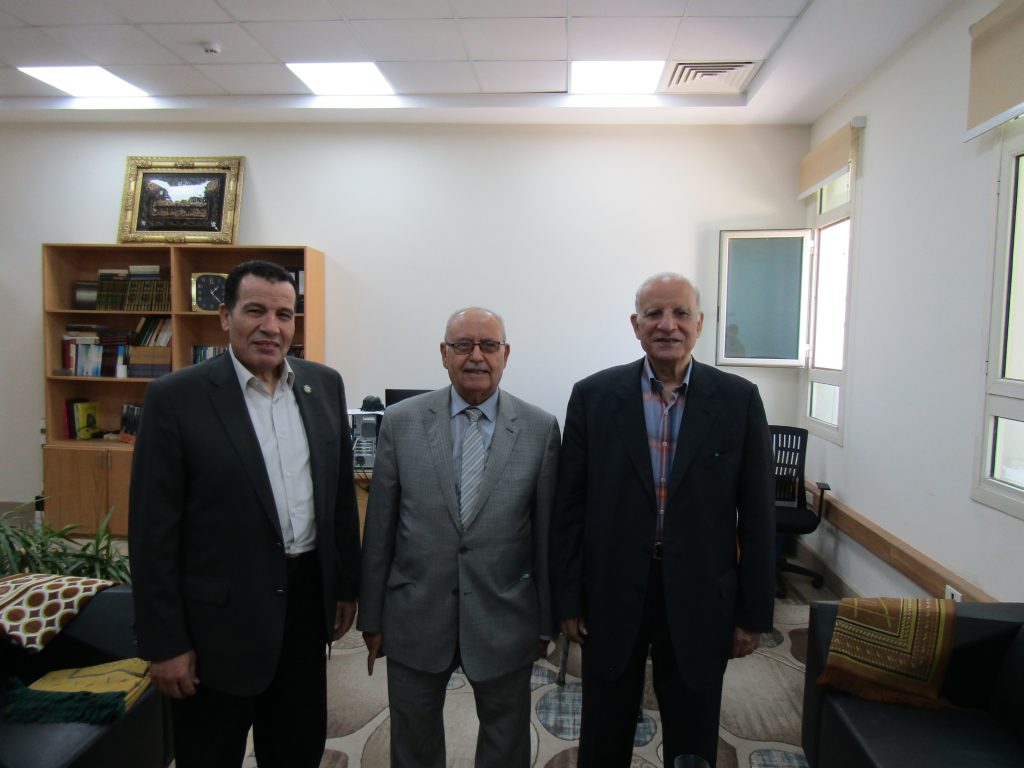
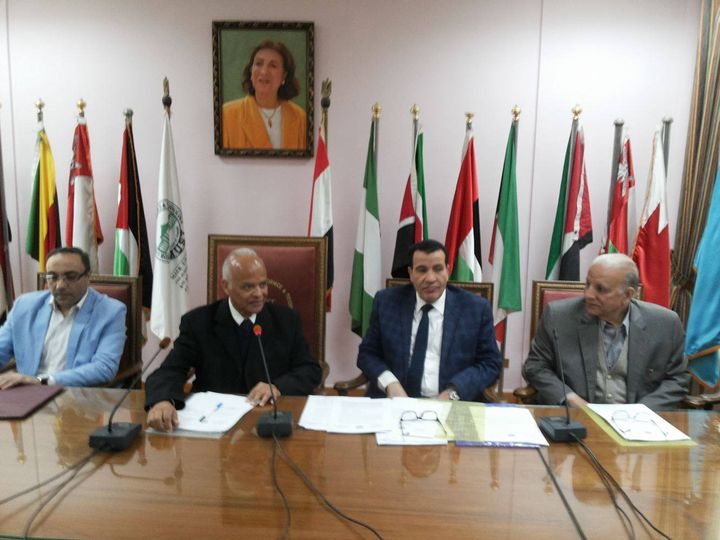
Dr. Murad al-Rifi, Director of the Institute of Arabic Manuscripts affiliated with the Organization for Education, Culture and Science (ALECSO), announced the honoring of Professor Dr. Ahmed Fuad Pasha, the expert at the Arab Heritage Center at the University, and his selection as the Heritage Personality of the Year. This announcement comes as part of the global celebration of Arabic Manuscript Day, scheduled to be held on April 19, 2024, in Rabat, the capital of the Kingdom of Morocco. Participating in this celebration will be various cultural entities, heritage institutions, and academic universities in the Arab and Islamic world, both within the hosting country (the Kingdom of Morocco) and across Arab and Islamic countries, under the slogan “Our Manuscript Heritage and the Foundations of Civilizational Communication.” Additionally, the book “The Great Diwan of the Greatest Sheikh Muhyiddin Ibn Arabi al-Hatimi, the Sultanates and the Zainabiates,” edited by Abdelilah Ben Arafa, has been chosen as the Heritage Book of the Year. There will also be exceptional recognition for Professor Abdullah Mohammed Bilal from Mauritania.
As for the Heritage Entity of the Year, it is the Heritage Revival and Research Foundation at the Dome of the Rock in Palestine.
The Center for Arab Heritage at the Egypt University of Science and Technology congratulates its director, Professor Dr. Anas Attia Al-Faqi, along with its experts and all its staff, for the selection of Professor Dr. Ahmed Fuad Pasha, the expert at the center, as the Heritage Personality of the Year.
It is worth mentioning that Professor Dr. Ahmed Fuad Pasha is one of the pioneers in founding the Arab Heritage Research Center at the Egypt University of Science and Technology. He is also among the early proponents of the Islamic perspective on the philosophy of science. The center has published several valuable works by him, including “An Article in the Light of the Moon,” “Dictionary of Scientific Terms in Islamic Heritage,” “Arab Cultural Heritage: A Cognitive Approach with a Modern Critical Vision,” and “Words of My Lord and Their Manifestations in Horizons and Souls.” In addition to his profound interest in the history of Islamic science, he was the first to emphasize the necessity of the Islamic view of the philosophy of science as a new perspective on the philosophy of science. He also called for the establishment of “Islamic Science Theory” and emphasized the importance of presenting the Islamic viewpoint, not only for the Islamic community but for humanity. Furthermore, he considers the discussion of scientific thought issues according to the Islamic curriculum as an Islamic duty with its civilizational legacy. He has repeatedly emphasized that the Islamic perspective on science aims to solve the problems of the Islamic nation by returning to the earliest civilizational roots of Islam, which began with the Quranic verses: [Read! In the name of your Lord who created. Created man from a clinging substance. Read! And your Lord is the most Generous. Who taught by the pen.] These principles were practically manifested during the Abbasid era and the subsequent scientific flourishing in various fields, exemplified by centers of radiation that benefited all civilizations that followed until our modern era.

